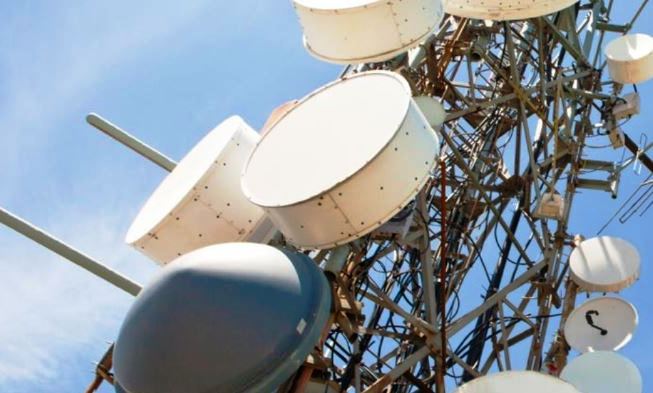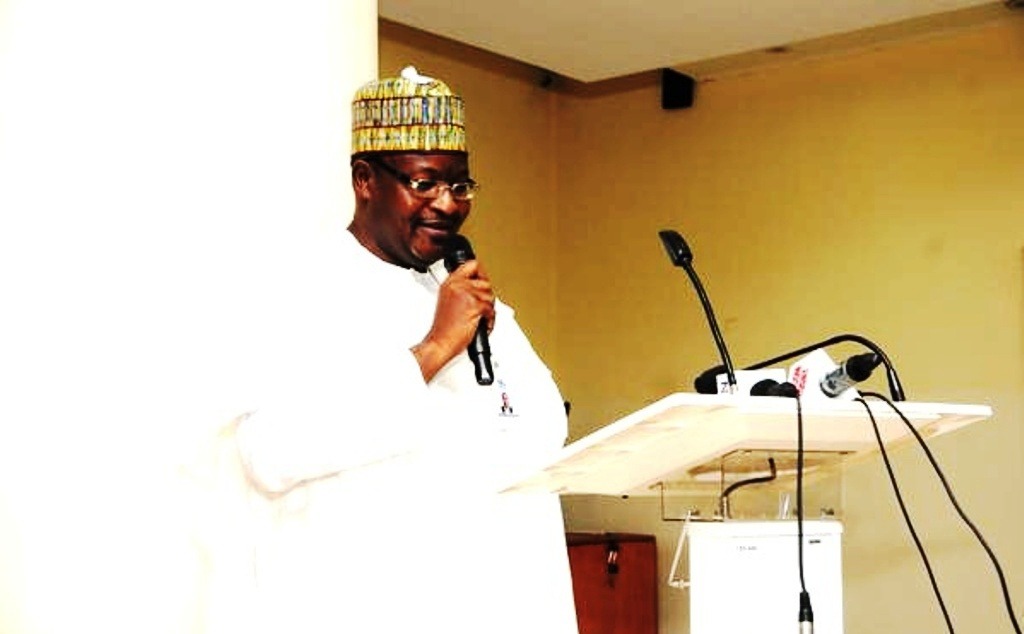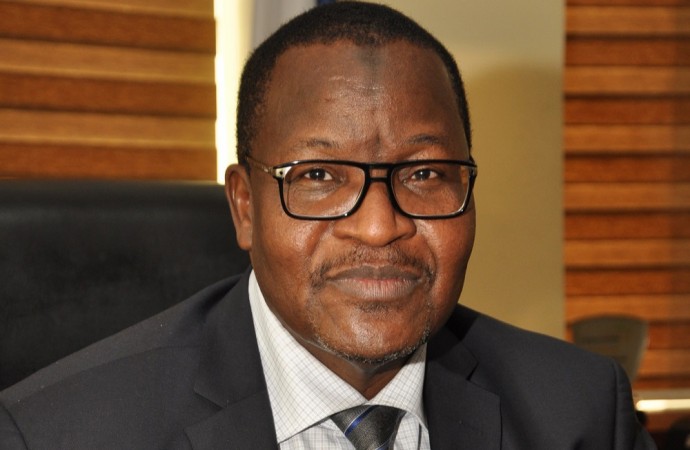Samsung on Wednesday launched its first ever 5G phone, the Samsung Galaxy S10 5G, but the phone has a long way to go in Nigeria as 5G network is not available as of yet.
TheNewsGuru (TNG) reports Samsung announced rollout of Galaxy S10 5G particularly for markets where 5G is being rolled out.
With Galaxy S10 5G, consumers on a 5G network can download a full season of a TV show in minutes, play graphics-rich cloud games with virtually no lag, enjoy enhanced VR and AR experiences and stay in touch with friends and family via real-time 4K video calls.
To take full advantage of 5G connectivity, Galaxy S10 5G features the largest-ever Galaxy S series display, the 6.7-inch Infinity-O Display; Samsung’s 3D Depth Camera for 3D-image capturing to power Video Live focus and Quick Measure; powered by 4,500mAh with Super Fast Charging at 25W.
Galaxy S10 5G users will be able to experience the full power of true 5G connectivity, but the network is not available in the country yet.
Except Nigerians want to buy the 5G phone for other purposes when it is finally available, the Galaxy S10 5G is certainly not for Nigeria yet.
Nigeria would be ready to roll out 5G networks with the 26GHz, 38GHz and 42GHz spectrum bands by 2020, according to Prof. Umar Danbatta, Executive Vice Chairman and CEO of the Nigerian Communications Commission (NCC).
NCC is hoping to spread the network to at least 5% of the population upon deployment in the country.
According to the NCC boss, trial testing of the rollout plan had commenced in the country beginning with the Eko Atlantic Project, where broadband data will drive connectivity and allow humans to interact with connected devices to check their health status and remotely control home appliances without physical contact.
“NCC is already working on the three key factors that will drive 5G deployments, which include infrastructure, spectrum and regulation ahead of the 2020 rollout date.
“We will rely on existing policies and regulation and still come up with additional policies and regulation that will address any hiccups,” Danbatta said at a collaborative meeting with GSMA for 5G rollout in Nigeria.
Samsung Galaxy S10 5G will be available in 2019’s second quarter for markets where 5G is being rolled out, beating Apple, which is not expected to have a 5G iPhone until the final quarter of 2020.
However, Samsung did announced other devices along the Galaxy S10 line that will take the Nigerian smartphone market by storm soon.
Samsung Electronics West Africa says it is leveraging a decade of industry leadership to usher in a new era of smartphone technology with the launch of the Galaxy S10 line.
Mr David Suh, the company Managing Director, on Thursday night in Lagos, during launch of the new products, said the Galaxy S10 line, with three unique devices, was engineered to meet the distinct needs of today’s smartphone market.
He said that the Galaxy S10 line was engineered to meet the distinct needs of today’s smartphone market, to enable consumers to do more of what they love.
Suh said that each device delivers a next-generation experience in the categories which consumers care about most, that is, ground-breaking innovations in display, camera and performance.
“As testament to a decade of innovations, Galaxy S10 is designed for those who want a premium smartphone with powerful performance and sets the stage for the next generation of mobile experiences.
“For consumers looking for a supercharged device, Galaxy S10+ takes every spec – from display, to camera, to performance – to the next level.
“Galaxy S10e is built for those who want all the premium essentials in a compact package on a flat screen.
“Since its launch 10 years ago, the Galaxy S series has stood for premium innovation, offering consumers an incredible experience, and the ability to find the device that’s right for them.
“Galaxy S10 builds on that incredible legacy, and delivers breakthrough display, camera, and performance innovations.
“With three premium devices, each built for a unique consumer in mind,” Suh said.
He said that Galaxy S10, Galaxy S10+ and Galaxy S10e would be available in Prism White, Prism Black and Prism Green.


